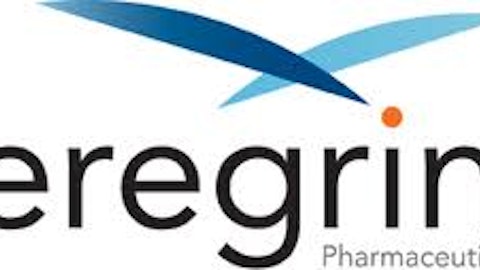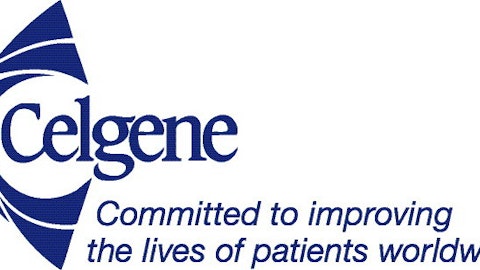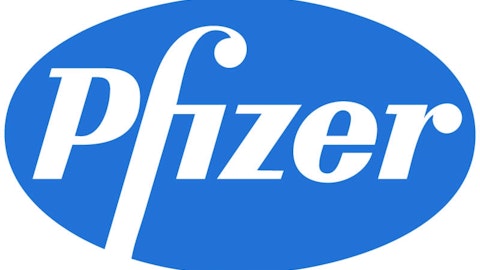For years, satirical late-night TV host Stephen Colbert has been running a series on his show called “Better Know a District,” which highlights one of the 435 U.S. congressional districts and its representative. While I am no Stephen Colbert, I am brutally inquisitive when it comes to the 5,000-plus listed companies on the U.S. stock exchanges.
That’s why I’ve made it a weekly tradition to examine one seldom-followed company within the Motley Fool CAPS database, and make a CAPScall of outperform or underperform on that company.
For this week’s round of “Better Know a Stock,” I’m going to take a closer look at Clovis Oncology Inc (NASDAQ:CLVS).

As Clovis Oncology Inc (NASDAQ:CLVS)’ name would imply, there’s no smoke-and-mirror tricks here regarding what it does: It’s a biotechnology company engaged in researching anti-cancer compounds. It has three compounds currently in its pipeline: CO-1686 — which is an oral phase I/II epidermal growth factor receptor, or EGFR, inhibitor for the treatment of non-small-cell lung cancer, or NSCLC — that it’s partnered with Roche Holding Ltd. (ADR) (PINK:RHHBY) in developing; Rucaparib — which is a poly ADP-ribose polymerase, or PARP, inhibitor in phase I/II trials for ovarian and breast cancer; and a preclinical cKIT inhibitor for gastrointestinal stromal tumors that it’s partnered with Array Biopharma Inc (NASDAQ:ARRY) on.
In Clovis Oncology Inc (NASDAQ:CLVS)’ most recently ended fourth quarter, it reported a loss of $21.1 million compared to a loss of just $14.9 million in the year-ago period as its total cash level rose modestly to $144.1 million from the $140.2 million it ended with in 2011.
Whom it competes against
This is one of those cases where I say there are a ton of competitors in NSCLC, but few that target the T790M mutation that CO-1686 is being developed to treat. In fact, there are no FDA-approved treatments to specifically target the mutation at the moment. However, that may change very shortly as Boehringer Ingelheim does have an experimental drug known as Afatinib under an accelerated FDA review for EGFR mutation-positive NSCLC. With Clovis still early in its development, Afatinib could have a chance to clean up before CO-1686 even gets to late-stage enrollment.
Something similar can be said for Clovis Oncology Inc (NASDAQ:CLVS)’ competition in breast cancer with regard to PARP inhibitors. However, unlike with NSCLC, advancements in PARP inhibitors are still very slow, so a drug like Rucaparib that is still being studied in phase 1 trials has just as much chance of success as AbbVie Inc (NYSE:ABBV)‘s Veliparib, which is being tested as a combination PARP inhibiting therapy in phase 1/2 trials.




